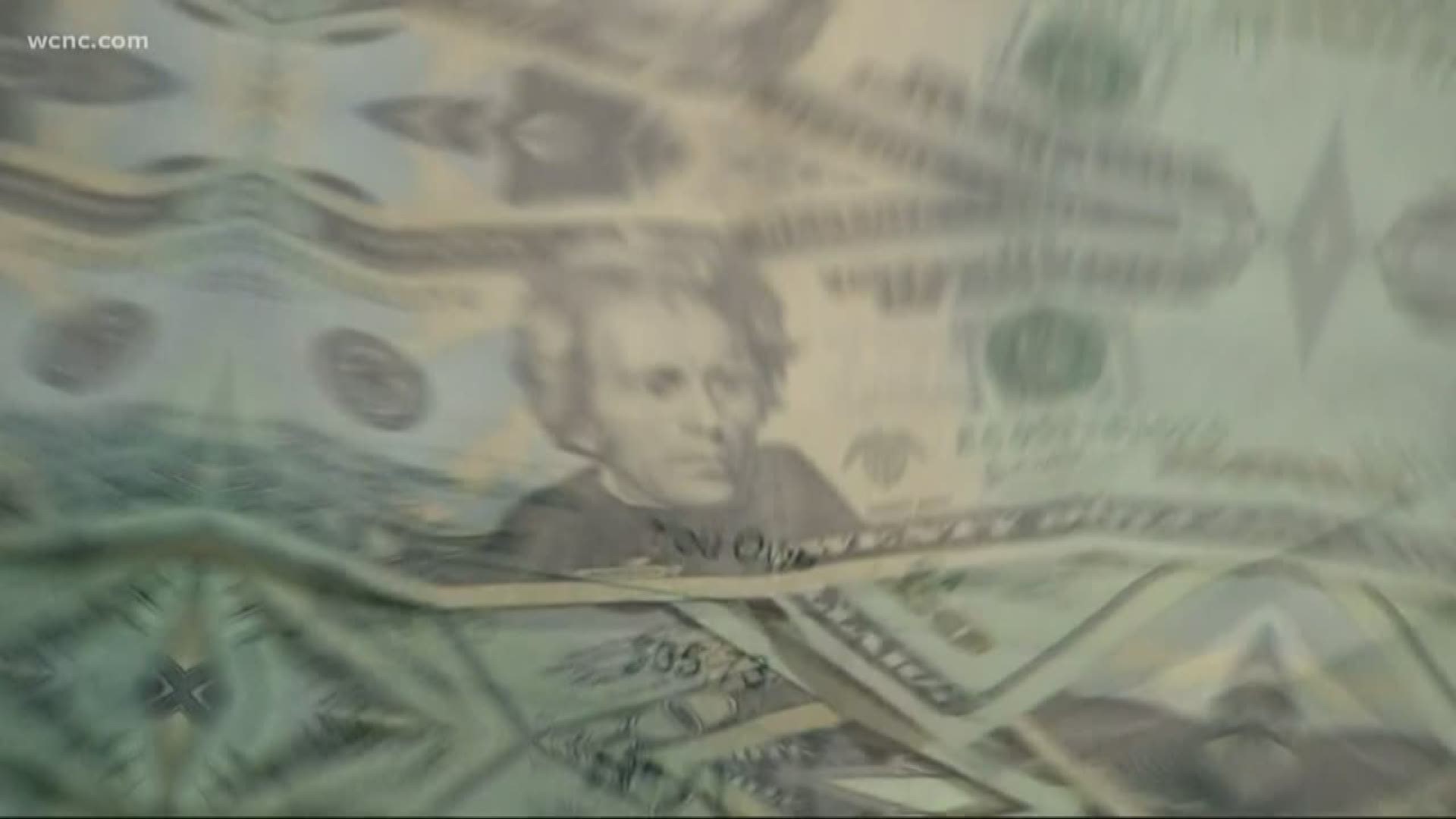CHARLOTTE, N.C. — For some, April 1 has been a day filled with panic as it’s the day rent was due.
With stay-at-home orders still in place and businesses closed, millions are out of work. Data from the U.S. Labor Department shows more than 3.3 million people have already filed for unemployment, while others are waiting on money from the $2.2 trillion coronavirus relief package.
This week North Carolina Attorney General Josh Stein announced the state is halting eviction and foreclosure court hearings for 30 days. Mecklenburg County Sheriff, Gary McFadden also announced his office will stop eviction removals for one month.
In addition to halting evictions, Governor Cooper’s executive order also provides relief for bills.
“Today’s action orders that electric, gas, water and wastewater services cannot be shut off for the next 60 days,” said Governor Roy Cooper during a press conference Tuesday.
The order also gives customers six months to pay bills, stops companies from adding late fees and interest to bills that aren’t paid, and encourages phone, cable and internet companies to follow suit.
In South Carolina, landlords can’t file evictions until at least May 1. But state officials warn that once the stay-at-home orders are lifted, those who haven’t paid could still be evicted.
WCNC has learned some landlords across our area are making sure renters know that. Wednesday, a resident at Centra Square Apartments on E 16th Street in Northeast Charlotte sent us this letter, saying the apartment community had taped them to residents doors.
The letter notifies residents that, “rent is still due today. Late fees are added on the 6th of the month as usual, and eviction is filed on the 11th of the month, if rent is not paid.”
Experts say renters not able to pay, should be proactively reaching out to landlords. If agreements are made, renters are advised to get the agreement in writing.
“They won’t know until you tell them that you have a financial hardship,” says Kim Graham is Executive Director of the Greater Charlotte Apartment Association.
“And then I would say both sides need to exercise patience and compassion because you may be living somewhere or renting somewhere where that owner doesn’t have the flexibility to do things like completely waive rent,” she said.
Graham says her agency has been advocating at the state and federal level for protection for landlords, saying if they don’t collect rent, they too can’t pay their bills.
“They’re not able to pay their mortgage, they’re not able to pay utility bills, they’re not able to pay their salaries for employees -- and on-site teams are still essential workers, so maintenance orders still have to be serviced -- they’re doing virtual leasing because people are still moving, people are still moving to Charlotte,” she said.
In addition to filing for unemployment, or finding a temporary job during the pandemic, officials say you should reach out to non-profit, religious charity and government assistance programs.
MORE ON WCNC CHARLOTTE:

